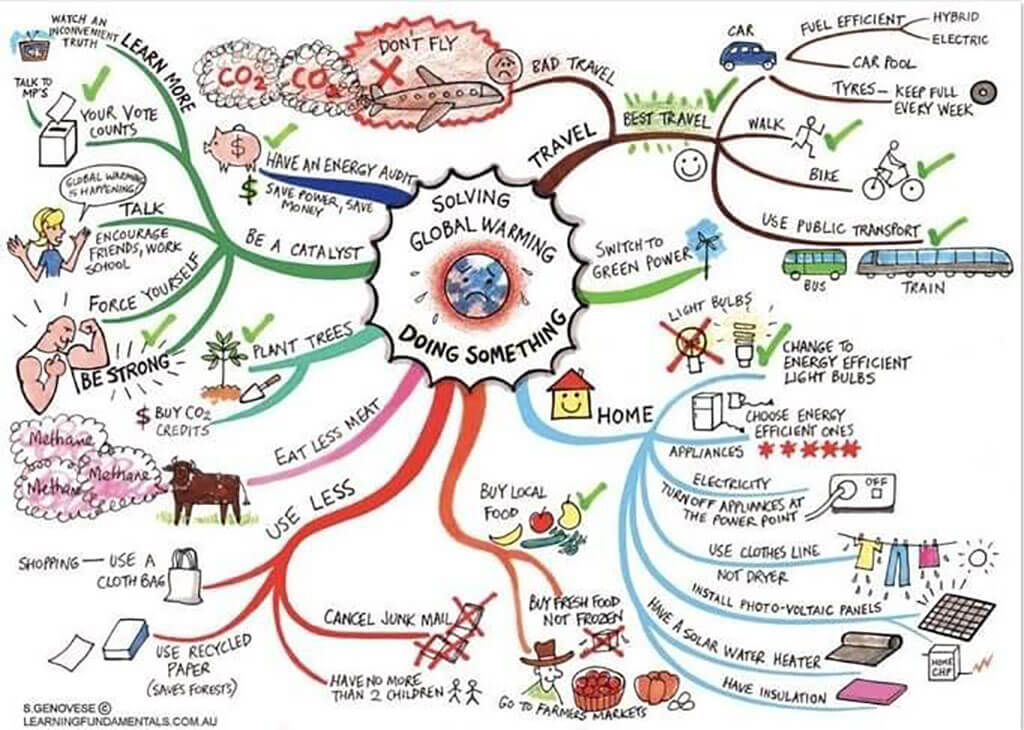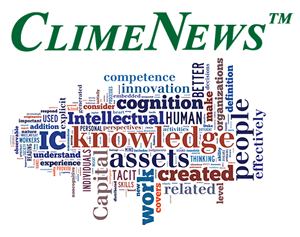Sustainable Civilization
The fact is that we have passed the turning points in history that we need to understand in order to build the future with a new vision.
What is the alternative approach that can turn the civilization of quantity into a world of quality?
The shift from quantity to quality can usually be the result of changes in values, priorities and social attitudes.
The quantity approach focuses on quantitative factors such as production volume, economic growth and consumption. This approach can often serve as a driver of economic development, but it can tend to neglect qualitative factors such as health, ecological sustainability and human happiness.
A qualitative approach tends to focus on depth, values and quality experiences. This can include health and well-being, environmental sustainability, improving the quality of human relationships, personal development and value creation.
The transition towards a quality approach generally requires social, cultural and economic changes. This may involve rethinking values, adopting more sustainable economic models, increasing education and awareness, and changing individual and collective patterns of action.
A shift towards a qualitative approach offers the opportunity to create more sustainable, balanced and people-centered societies. Such changes can help individuals and communities to thrive and address environmental and social problems.
The alternative approach, which can help turn the civilization of quantity into a world of quality, is a transition in which values, priorities and social attitudes change. This transition has some important aspects:
- Sustainability: a quality approach focuses on sustainability, taking into account the limited availability of natural resources and environmental degradation. This includes the adoption of economic and production models that strive for ecological sustainability and the development of sustainable energy production and a low-carbon economy.
- People-centeredness: a qualitative approach will give greater priority to human happiness, health and well-being. This includes improving healthcare, work-life balance, improving the quality of human relationships and supporting individual development.
- Value creation: a quality approach focuses on the importance of values, valuable experiences and value creation. This includes raising education and awareness, and focusing on values such as creativity, innovation and the quality of human relations.
The shift towards a quality approach is not only based on individual choices but also requires social and cultural changes. This may involve community cooperation, the definition of shared values and the active participation of individuals in the process of change.
The transition towards a sustainable civilization can benefit both individuals and society. In such societies, people are better able to find a balance between environmental and social needs and can lead happier, more balanced lives. They also provide more sustainable solutions to climate change and other global problems in the long term. The shift towards quality offers an opportunity to coordinate our collective efforts to combat climate change, use natural resources more efficiently and work together as human communities.
There are a number of ways to support such a transition. Education and awareness-raising are key to helping people understand the importance of sustainable lifestyles and quality values. Educational institutions, media and NGOs can provide opportunities to disseminate information and raise awareness. In addition, innovation and technological development can help to find more efficient and sustainable solutions for the economy, energy use and transport.





